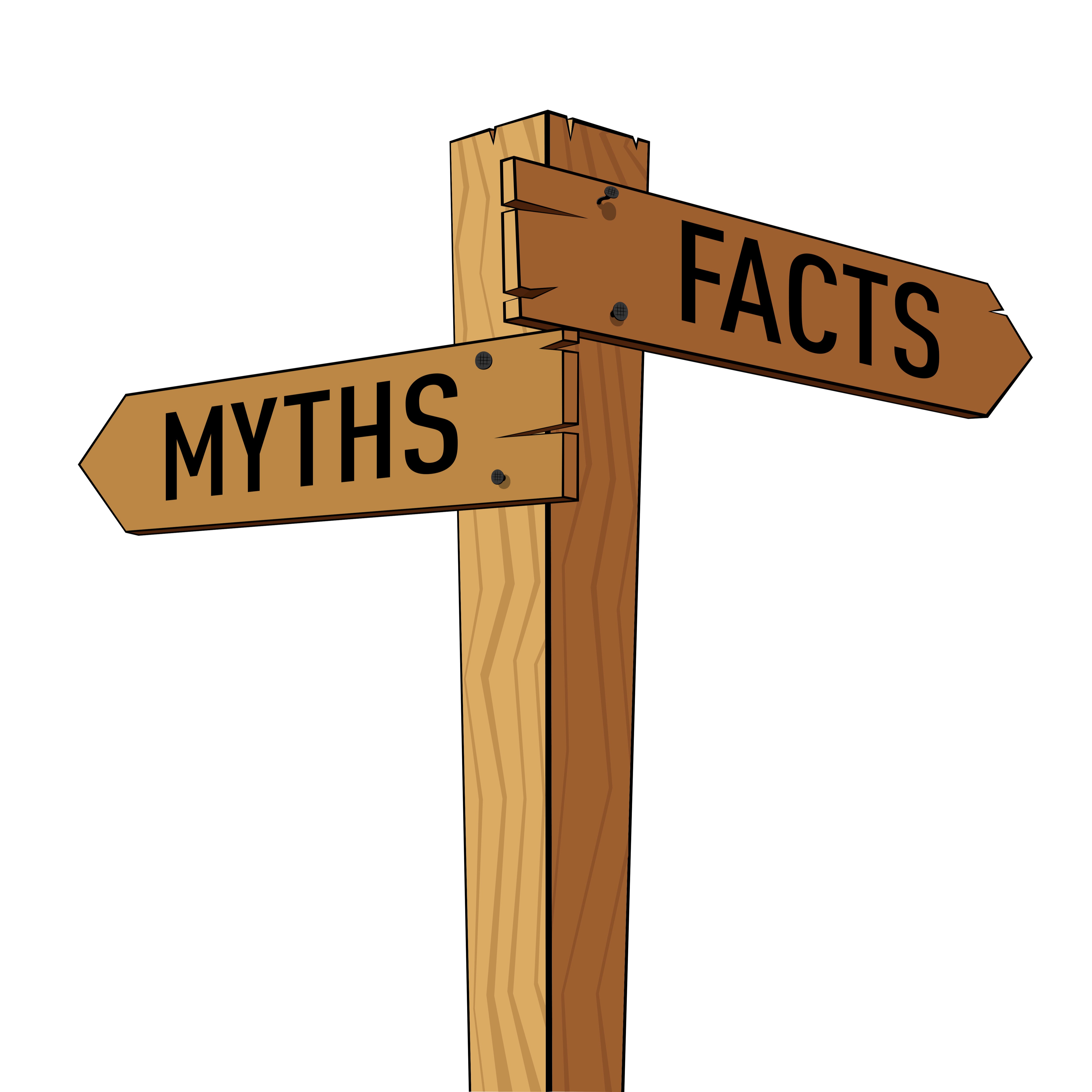Have you ever heard the proverb, "There are none so blind as those who will not see”? We've all experienced it, usually when arguing with some idiot who disagrees with us on a perfectly obvious point. Today I will explain the psychological grounding behind the phenomenon, and give you some tips for how to avoid selective blindness yourself.
If you want to become well-informed on a topic, conducting broad research is essential.
Looking at the first few links in a Google search will give you a certain set of information, true. This will likely be mainstream information, meaning that either (1) Google is promoting it, (2) it is consistent with the majority view, (3) or both. Either way, you will probably not be widely criticized for parroting what most people already believe or can find in a quick search.
Because we do not like feeling uncomfortable, our natural tendency is to seek out information that conforms to our existing beliefs and to ignore conflicting information.
There is a more pernicious problem in conducting research, which is this: We are our own worst enemies. Being confronted with information that conflicts with our existing beliefs makes us uncomfortable, a situation referred to as cognitive dissonance. Because we do not like feeling uncomfortable, our natural tendency is to seek out information that conforms to our existing beliefs and to ignore conflicting information.
Well-being ≠ Being right all the time
One way to counteract this tendency is to leave open the possibility that we may be wrong. In other words, not to tie our psychological well-being to being right all the time. I discuss ways to do this in Career Path: Why You Should Doubt Yourself. Not needing to be right is a helpful, if modest step.
Now I hear some of you saying: "This doesn't apply to me, at least not all the time. When I am doing research, I don't usually have a preconceived idea of what the answer is. I can't be affected by cognitive bias."

Not so fast, my friends. You may not have thought deeply about the issue you are researching, but you nonetheless are likely to have ideas about it. "What do you mean? How can that be?"
Our understanding of the world and how it works is a complex, multi-layered construct, built up over the whole of our experiences. Some beliefs are at the forefront of your consciousness, and so you think of them as your core beliefs or values.
But you likely have many, many unexamined ideas and beliefs about why things happen the way they do. Humans are amazing pattern-recognition machines, so much so that we regularly and easily see patterns where none exist, finding causality in random correlation.
Even when you approach a topic with what you think is an open mind, you are coming with a lifetime of experiences that have shaped not only what you believe, but the very process of how you form new opinions. Even if you don't cling to the need to be right, it can hurt when your belief system does not match up to new evidence.
A far more powerful way to counteract your cognitive biases is to actively seek out information that conflicts with your current view. You will not do this by accident. It requires deliberate effort. But that effort does not have to be burdensome. Some of the smartest people I know view it as a kind of game. They love finding out contradictory information, because it means they've really learned something about the world, or themselves.
They love finding out contradictory information, because it means they've
really learned something about the world,
or themselves.
In this light, discovering you were wrong about something can be a gift. Thinking about it that way is a fine way to remove the potential sting of cognitive dissonance.
Do you want an interim test of what I'm talking about?
Some of you may have noticed a little frisson of displeasure when I suggested above that Google promotes certain views (and thus, by definition, must suppress others). Because that is inconsistent with what many of you think about Google, i.e., they're just a search algorithm and they don't put a thumb on the scale. You either dismissed it without realizing it or you didn't even notice I wrote it.
Okay, don't believe me. Check for yourself. I'll wait. There is an alternative search engine called DuckDuckGo. Search for something in Google, and then do the same search in DuckDuckGo. See how much overlap there is, and whether you detect any skew in the results. It will be easier to see the effect if you use a more polarizing topic, say "Ivermectin." (If you haven't heard of that word, you may need to evaluate your sources of information, but that's a topic for another day.)
Identify blind spots
To sum up: We are biased, pattern-recognition machines, predisposed to confirm what we already believe, even if we don't know we believe it. By reminding ourselves that we are fallible, and making a game of trying to identify our blind spots, we can improve the chances that we are looking at the world with relatively clear eyes.
These steps will help ensure that we not only ask better questions, but that the answers we get are useful to us.
Be well.




